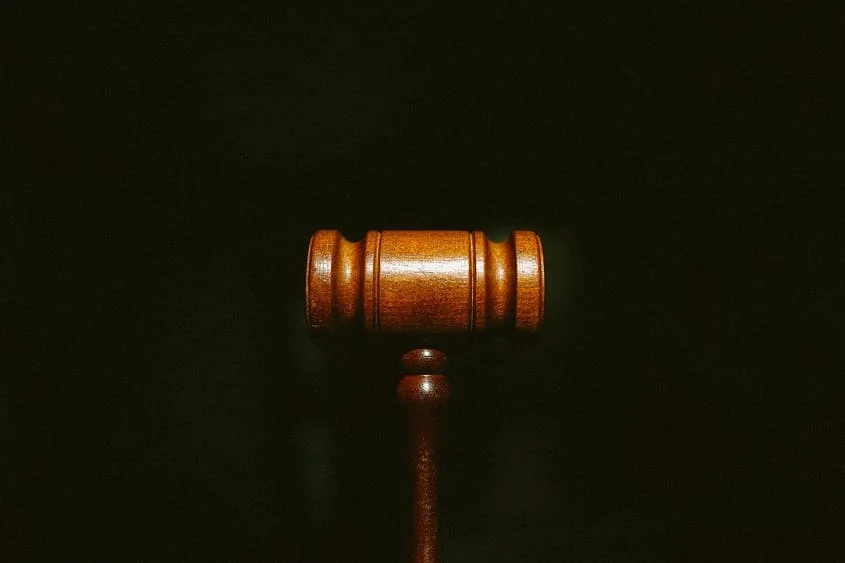10 Things for Strategic Mastery in Patent Litigation in Complex Cases
- December 21, 2023
- By Sarita Thomas
- Read 3 minutes
Explore advanced strategies for managing complex patent litigation, emphasizing contract mastery, strategic team structuring, and efficient evidence handling. Learn the techniques for arbitration, cost management, and settlement considerations tailored for experienced patent attorneys.
In patent litigation, where the stakes are high and the legal terrain often murky, seasoned patent attorneys and experts are constantly seeking advanced strategies to navigate complex cases. This article offers a refined perspective tailored for experienced patent practitioners, focusing on navigating the multifaceted challenges of high-value patent disputes.
The Importance of Contractual Mastery
In patent litigation, the contract, often the patent itself or licensing agreements, is central. A deep understanding of these documents – not just their content but their strategic use in litigation – is crucial. Patent attorneys must ensure they are adept at using the contract to their advantage, especially when it comes to defending or asserting patent rights. Regular training sessions to stay updated on contract law nuances and employing a reference guide for critical legal timelines and procedures can be invaluable.
Arbitration and Tribunal Selection
In cases where arbitration is stipulated, attention to detail in the arbitration clause is essential. The clause dictates the proceedings’ trajectory, and understanding its intricacies can be the difference between success and failure. For instance, clauses allowing party nomination for tribunal appointment can offer strategic advantages, especially in technical fields where specific expertise is beneficial.
Team Structure and Internal Reporting
Effective management of complex patent cases demands a well-structured legal team aligned with a core client team. This structure should facilitate strategic planning, decision-making, and progress tracking. Regular meetings and task tracking are essential for maintaining momentum and ensuring that every team member is abreast of developments and strategy adjustments.
Developing a Robust Case Theory
The foundation of a successful patent litigation strategy is a solid case theory, which should be established early and reviewed regularly. This theory should encompass a clear understanding of why a claim or defense will succeed and identify potential weaknesses. Independent reviews, perhaps by an external patent expert or barrister, can provide valuable perspective and mitigate confirmation bias.
Key Evidence and Witness Strategy
The early identification and preparation of key evidence and witnesses are paramount. This includes selecting expert witnesses with relevant technical expertise and securing fact witnesses crucial to the case narrative.
Addressing any potential weaknesses in evidence head-on is advisable, as transparency can often bolster credibility.
Early Determination and Addressing Preliminary Issues
Exploring options for early determination or resolving preliminary issues can significantly streamline proceedings. This approach is particularly effective in cases where resolving initial legal or contractual interpretations can unlock or simplify the dispute.
Document Management and Technology Utilization
Efficient document management is critical, especially in cases involving extensive technical data and patent details. Embracing technological solutions for document handling can greatly enhance efficiency, from discovery through to trial preparation.
Cost Management and Litigation Funding
Cost considerations are integral to complex litigation. Understanding the financial implications from the outset and continuously reassessing them is vital.
In some scenarios, exploring litigation funding options may be a strategic move, particularly for plaintiffs with strong cases but limited resources.
Strategic Planning and Timetable Adherence
Meticulous planning and adherence to established timetables are essential for controlling costs and maintaining procedural integrity. This planning includes coordinating document disclosure, ensuring witness availability, and preparing evidence in a timely manner.
Settlement Considerations
Finally, maintaining a pragmatic view of settlement possibilities is crucial. This involves assessing the case’s strengths and weaknesses, considering the financial and time investment, and understanding the likelihood of successful enforcement of any judgment or award. Keeping settlement discussions on a “without prejudice” basis ensures that options remain open without compromising the legal position.
The bottom line
Managing complex patent litigation requires a blend of legal acumen, strategic foresight, and meticulous planning. By implementing these advanced strategies, patent attorneys can navigate the complexities of high-stakes disputes more effectively, ensuring efficient resolution while safeguarding their clients’ interests. As each case presents unique challenges, the ability to adapt these principles to specific scenarios will be the hallmark of successful litigation management in the patent arena.
Sarita Thomas
Latest Blogs
Blog Categories
- Intellectual Property (IP) Strategy (84)
- Intellectual Property Asset Management (IPAM) (17)
- IP Monetization (4)
- IP News (7)
- Patent Drafting (2)
- Patent Litigation (6)
- Patent Prosecution (8)
- Patenting (18)









No comment yet, add your voice below!